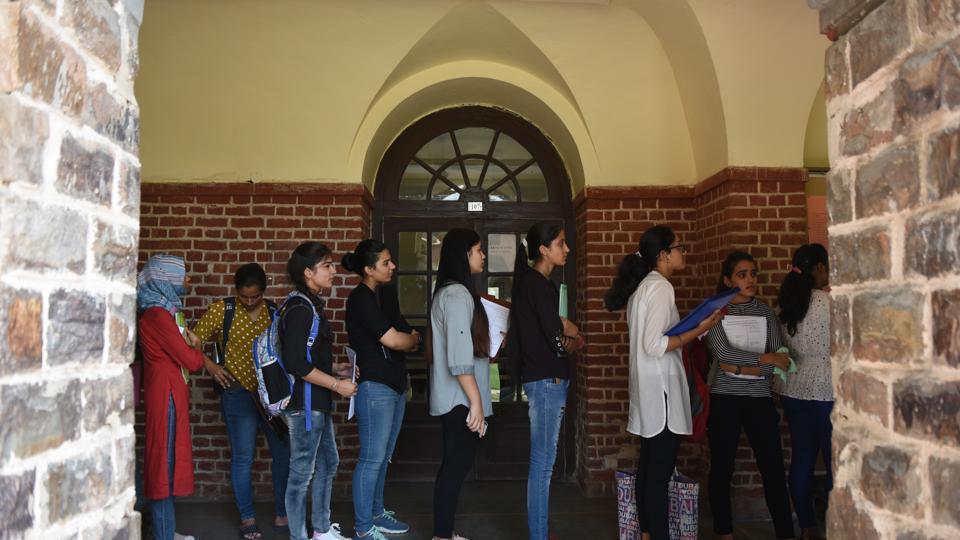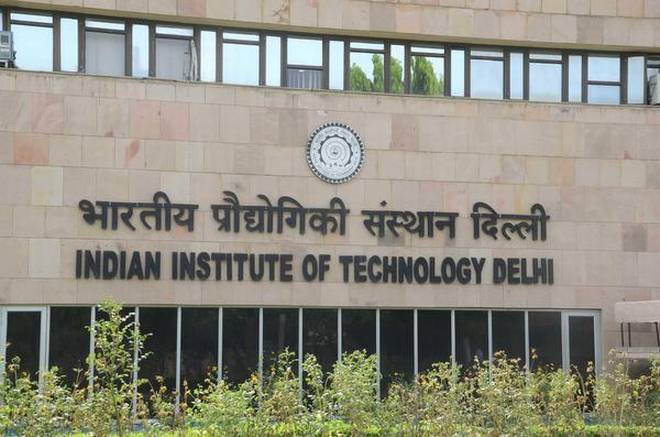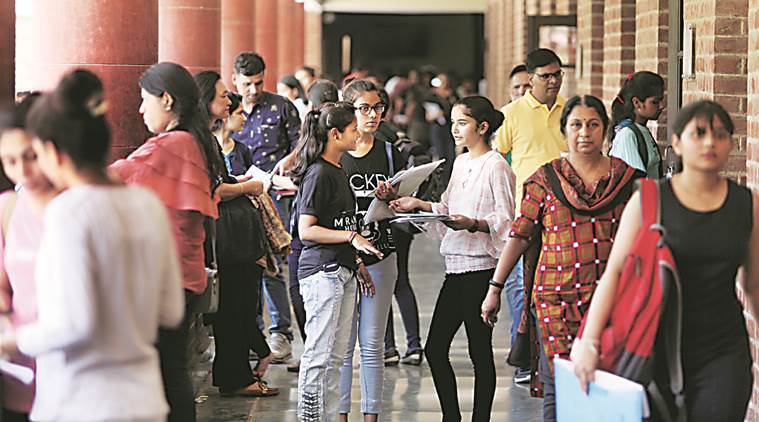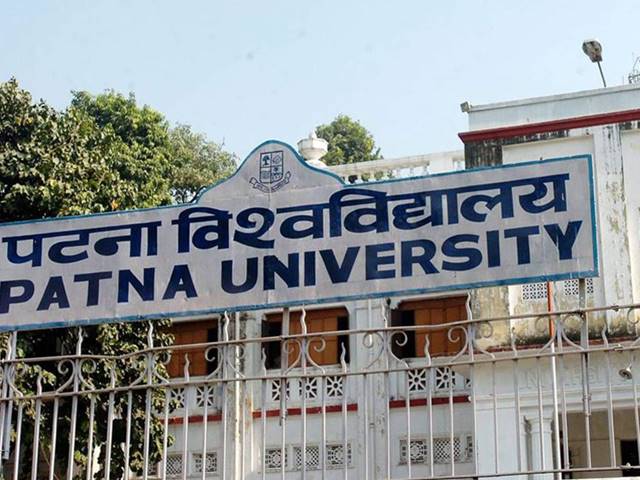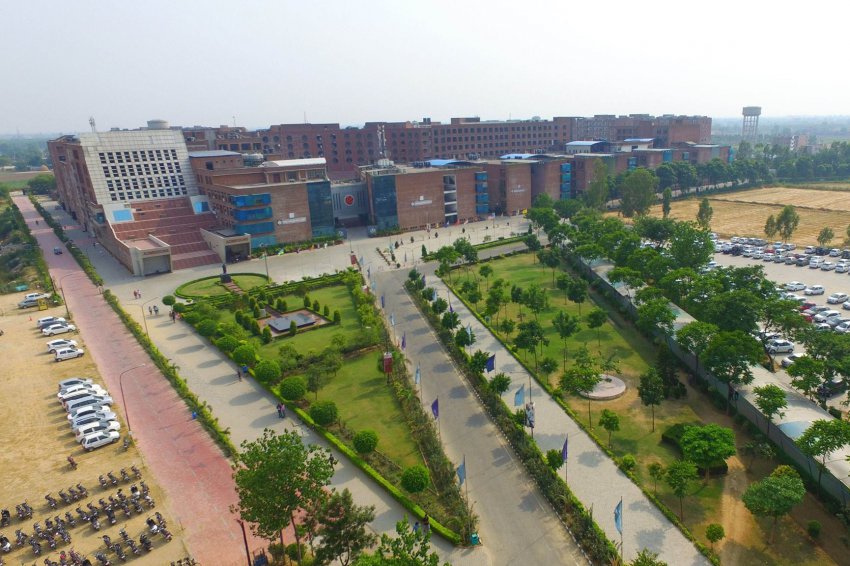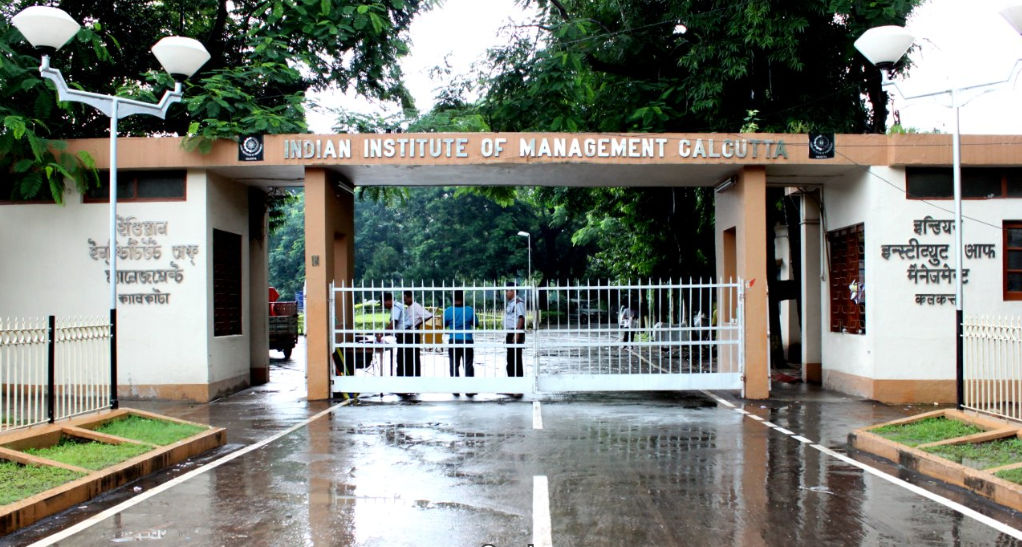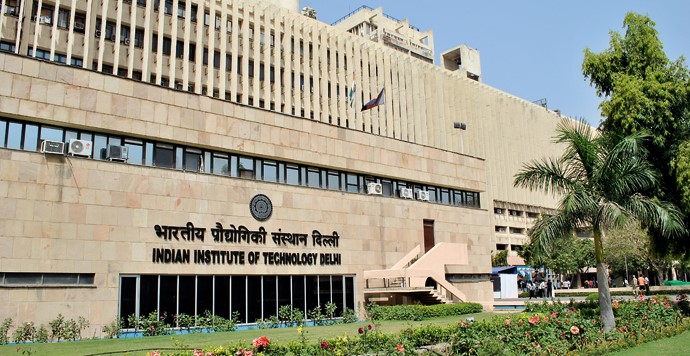Delhi University’s Ramanujan College is all set to spread happiness among students and help them beat the stress with its latest course. As per reports, the college will be offering a six-month course on Happiness, which is scheduled to commence from August 5.
The course is being offered through its special section – School of Happiness which is run under Centre of Ethics and Values. The course is open for all the DU students and there is no tuition fee for this.
Commenting on the latest development, SP Agarwal, Principal, Ramanujan College, said, “The purpose of the course is to provide a space for the students to deal with their daily stress and anxiety. The challenges pertaining to happiness are different at school and college level. We are not collaborating with the Delhi government, but will definitely adopt their best practices”.
The curriculum of the course comprises of six modules: Community Service, Yoga and Meditation, Personality Development, Life Skills for Happiness, Communication Skills and Glimpse of Vedas and Spirituality.
The classes will be conducted on alternate days in the week – Tuesday, Thursday and Friday. The timings are scheduled for the morning so that they don’t clash with regular classes.
Notably, the course is inspired by Harvard’s initiative in the field of health and happiness. The college is collaborating with the varsity to improve the research and curriculum, as per reports.
In times when students face a lot of pressure in schools and colleges, it is undoubtedly a good start which should be adopted across the country.









